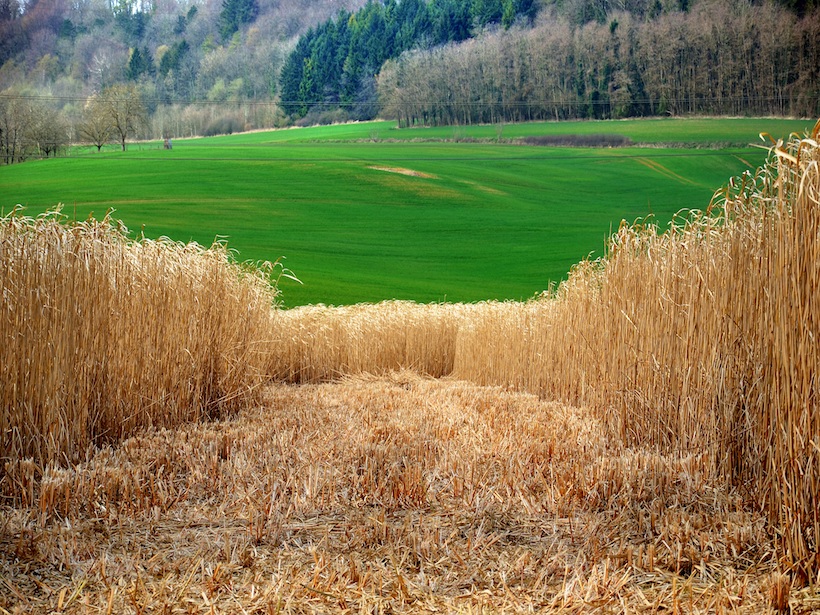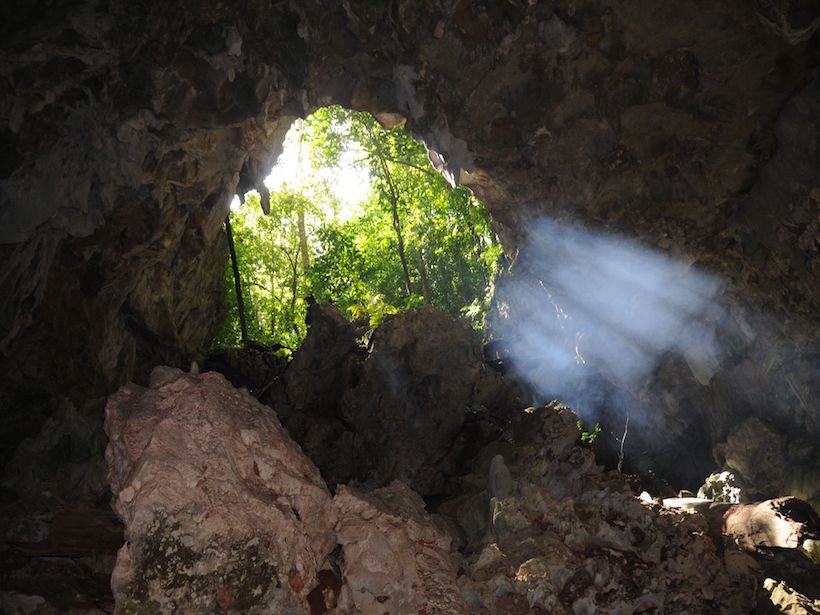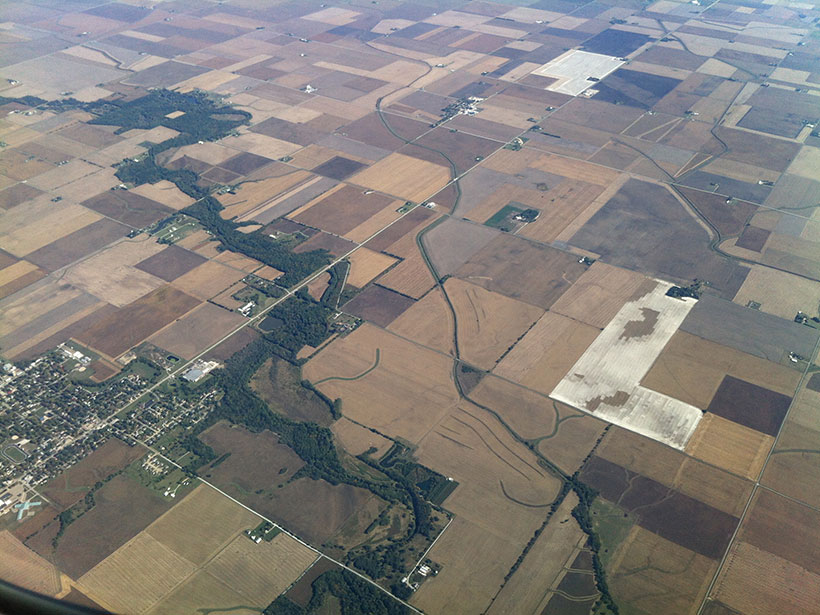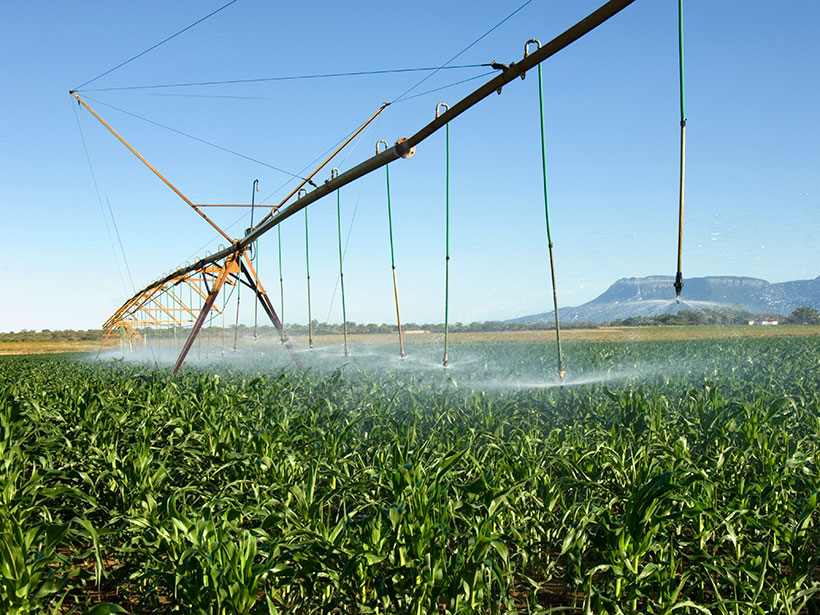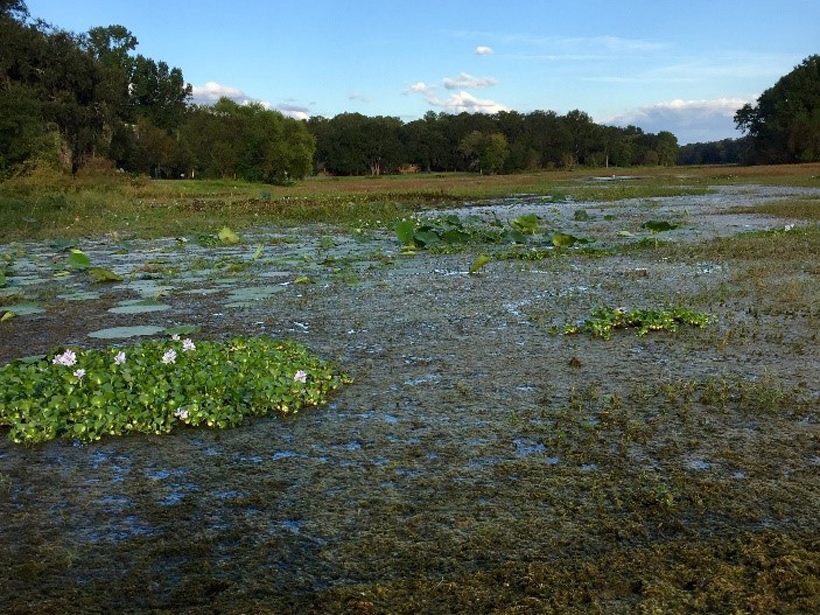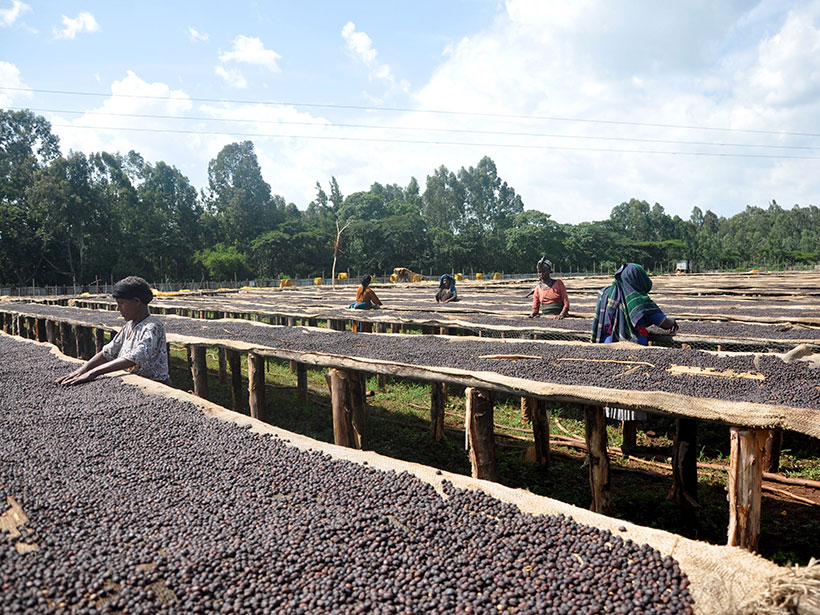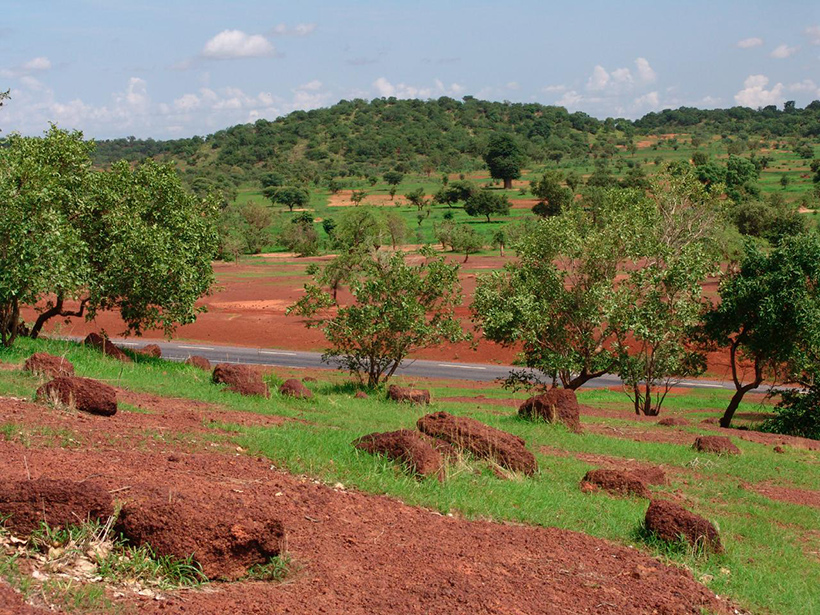Harder to analyze and quantify, diffuse pollution is often overlooked when it comes to water quality assessments.
agriculture
Rising Seas and Agriculture Created Wetlands Along the U.S. East Coast
Most of the tidal marshes along the eastern coast of the United States formed within the past 6,000 years due to a combination of slowly rising seas and European colonization.
Finding Value in the Margins to Build a Bioeconomy
Monetizing environmental services of biofuel feedstocks could incentivize farmers to take advantage of marginal agricultural lands while also benefiting the landscape.
Bat Guano Traces Changes in Agriculture and Hurricane Activity
Researchers hiked and rappeled into two caves in Jamaica to collect over 40 kilograms of excrement.
Critical Agents of Change at Earth’s Surface
By way of agriculture and industry, humans have major influences on the critical zone. Our past and present effects on the landscape, soil, and water will echo for a long time to come.
Minireservorios Podrían Salvar a Agricultores con Suelos Arenosos
Una tecnología de retención de agua subterránea recientemente reactivada podría conservar el agua y aumentar drásticamente el rendimiento de los cultivos en paisajes áridos con suelos arenosos como el África Subsahariana.
Exploring the Widespread Impacts of Ongoing Nitrogen Pollution
The release of reactive nitrogen into the environment is having severe and ongoing ecosystem, economic, and human health impacts. How can we reduce our nitrogen footprint?
Ethiopia’s Coffee-Growing Areas May Be Headed for the Hills
New research suggests climate change may radically redefine the regions best suited to grow one of Ethiopia’s most valuable crops.
Mathematical Insights into the West African Monsoon
A tool from dynamic systems theory is helping atmospheric scientists identify how dust and moisture mix over West Africa.
Some Farm Animals Might Have a Sense About Impending Earthquakes
Stabled animals seem to grow fidgety in the hours before an earthquake, whereas their free-range counterparts show no discernible difference in behavior.



